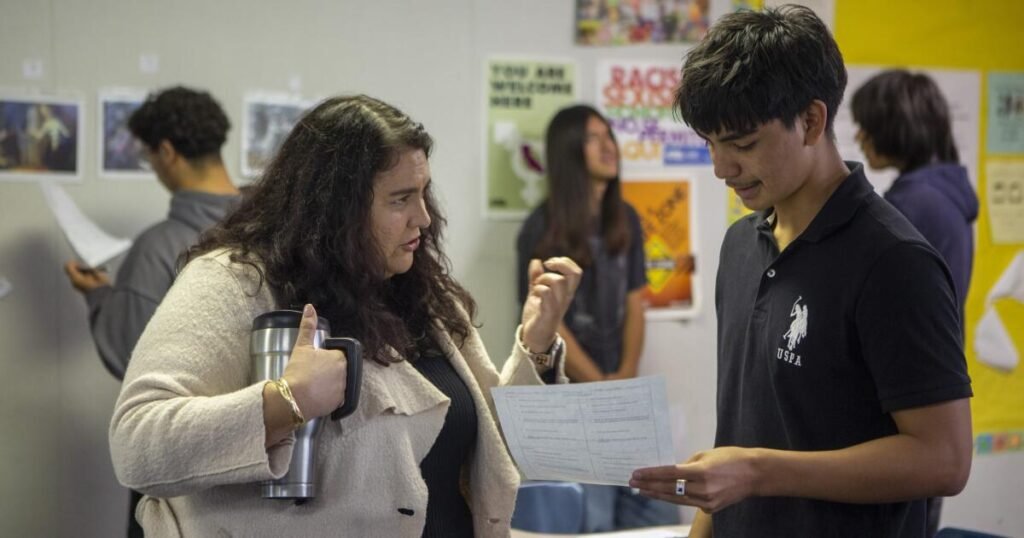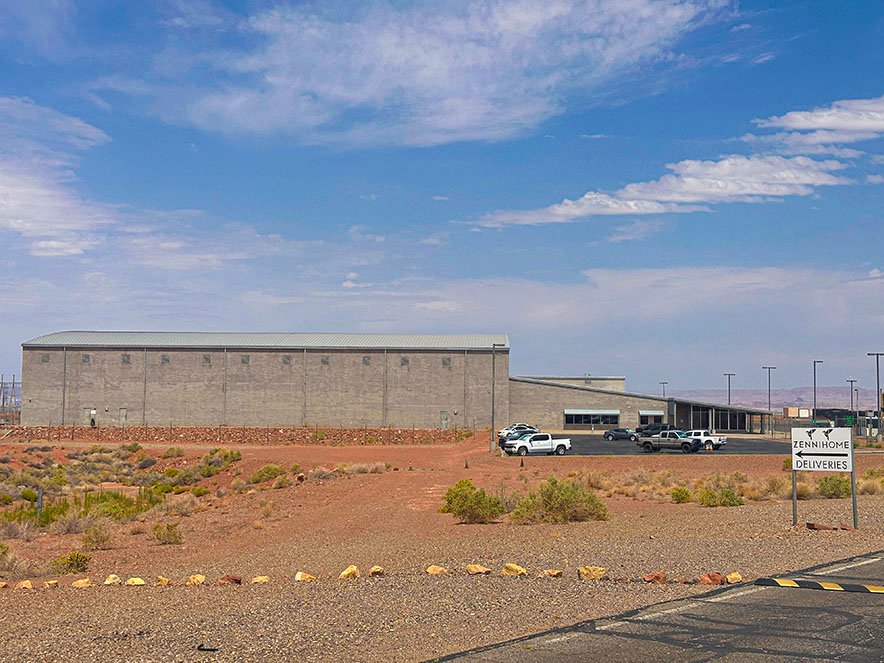California Establishes Office for Civil Rights to Address Discrimination
Governor Gavin Newsom has recently signed legislation aimed at creating the state Office for Civil Rights to tackle anti-Semitism and various forms of discrimination within California schools.
Assembly Bill 715 has become one of the most debated education bills, arising from concerns among a coalition of primarily Jewish organizations, especially regarding how ethnic studies have been presented in some classrooms.
Critics have argued that certain ethnic studies courses overly emphasize the Israeli-Palestinian conflict, suggesting that such lessons carry an anti-Jewish bias. However, many teachers defend their inclusion of various conflicts in the curriculum.
The new law establishes a civil rights office that will report directly to the governor’s cabinet. Its duties will include overseeing complaints and inquiries, preparing educational materials, and providing reports to help identify and combat discrimination. This office aims to assist educators and schools in adhering to existing state anti-discrimination laws.
Special coordinators will address diverse forms of discrimination, targeting anti-Semitism, religious bias, racial and ethnic discrimination, gender issues, and LGBTQ+ discrimination.
The bill’s final version, now also linked to Senate Bill 48, has broadened its initial narrow focus on anti-Semitism to include multiple forms of discrimination. This shift came in response to criticisms about the lack of inclusivity in the original bill language.
“California is taking meaningful steps to combat hatred in all its forms,” Newsom stated. “In a time when anti-Semitism and bigotry are escalating both nationally and globally, these laws emphasize that our schools should be environments for learning, not hate.”
Co-author of the bill, state Representative Dawn Addis (D-Morro Bay), described the legislation as a groundbreaking measure that prioritizes the welfare of the state’s children.
Despite this, strong opposition has emerged from educators’ unions, teacher groups, Muslim organizations, and various liberal factions, all voicing concerns that the bill might suppress open discussions on current Middle Eastern events.
A Spike in Anti-Semitic Incidents
There has been a noticeable increase in anti-Semitic incidents since the onset of the Israel-Hamas war, which began on October 7, 2023, following a Hamas attack resulting in around 1,200 fatalities. The conflict continues with ongoing Israeli military actions against Hamas.
At a recent press conference advocating for the bill, Jewish students shared troubling experiences from public middle schools in the Bay Area. One student, identified only as Ella, recalled, “After October 7, everything changed. People I thought were my friends turned against me. They called me Jewish. They accused my family of living on stolen land and yelled that I was a murderer and a terrorist. They even chased me.”
Ella expressed disappointment that, instead of receiving support, some school staff displayed bias.
Co-author Rick Chavez Zbur (D-Santa Monica) emphasized that “every student deserves to feel safe, valued, and respected,” irrespective of their beliefs or identity.
Ultimately, the extensively modified bill garnered strong support in the legislature, passing with a vote of 71-0 in the assembly and 35-0 in the senate, though 9 and 5 lawmakers respectively abstained from voting.
Despite the overwhelming support, the discussions surrounding the bill were heated and complex. While the original law targeted ethnic studies, AB 715 has grown to address anti-Semitism more broadly.
A Contentious Debate
The legislation encountered backlash from groups such as ACLU California Action and the California Teachers Association, with significant opposition from pro-Palestinian and Muslim organizations, as well as some ethnic studies educators and Jewish groups critical of the Israeli government.
ACLU California Action warned about potential negative implications for constitutionally protected speech for both educators and students. “We strongly oppose anti-Semitism in all forms,” stated one California teacher in a letter to the State Senate Education Committee, but expressed concern that the bill could inadvertently enable the weaponization of public education.
The bill coincided with actions from the Trump administration aimed at combating anti-Semitism, which led to public debate linking the two. Key supporters of the bill, such as state Senator Scott Wiener (D-San Francisco), vehemently opposed any association with the administration.
“There’s a dangerous narrative forming erroneously,” Wiener conveyed during an August press conference. “If someone claims anti-Semitism from sources other than right-wing extremists, it suggests that they’re somehow aligning with Donald Trump. That’s not just offensive; it’s a blatant lie.”
Connections to Ethnic Studies
Even as the bill evolved, it maintained provisions related to how ethnic studies are taught. It emphasizes the importance of anti-discrimination curricula and training for educators. Existing complaint procedures will be employed to investigate allegations of harassment, discrimination, intimidation, and bullying.
While some critics acknowledged that the bill was revised to address certain concerns, they still voiced opposition, fearing it would stifle discussions on ethnic studies and misunderstand legitimate criticism of Israel as anti-Semitism.
Meanwhile, criticism arose from the right, with Will Swaim of the California Policy Center arguing that the legislation became overly diluted, evolving into “an infinite law that promises to address everything,” while also creating new state bureaucracy.







